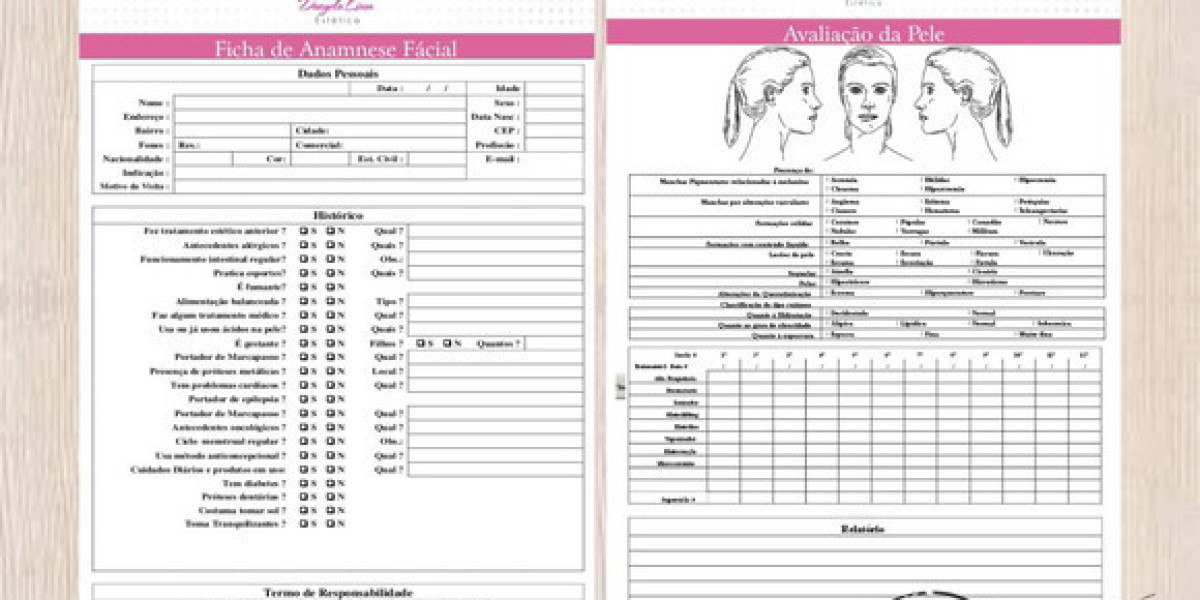Your character is predicated in your core beliefs, while your character is the way you go about life in each scenario. Character and temperament mix and contribute to your character traits, however they’re not all of it. If you’ve found that considered one of your character traits has a adverse impression in your life or relationships, you could consider discussing this with a licensed therapist. For instance, you can be excessive on extroversion however low on neuroticism, while your sibling will be the reverse. Research means that you’re not merely born with sure patterns and traits, quite, they develop over time.
Why are the Big Five personality traits so important?
To help capture the seemingly infinite number of personalities that seem across humankind, researchers have developed models for measuring their commonest manifestations. Additionally, remedy corresponding to mindfulness-based interventions may enhance scores in traits similar to openness and agreeableness. However, the extent to which these interventions can change persona traits long-term remains to be a subject of debate among psychologists. The way psychologists have thought of personality, including how they outline traits, has developed over time. Unlike many different theories of persona, similar to psychoanalytic or humanistic theories, the trait approach to persona is concentrated on variations between people. The Big Five mannequin of persona determines where an individual's character traits stand on a spectrum compared to others, in addition to how other folks could perceive them.
Conversion is definitely a psychosomatic defense mechanism, whereby an individual develops physical circumstances or sensory points to cope with emotional distress. An example may be somebody who witnesses a tragedy but did not say one thing to cease it from taking place in the moment; unable to deal with the guilt, the person develops a physical incapability to speak at all. This response is also called conversion dysfunction, and it seems in the Diagnostic and Statistical Manual of Mental Disorders, although research on it's nonetheless ongoing4. Reaction formation refers to when a person replaces their preliminary reaction toward a state of affairs with the other feelings or conduct, in an try to hide how they really really feel. For instance, somebody may be overly nice to somebody who they secretly dislike, or an individual may snicker after they're uncomfortable or breaking down inside. Intellectualization is a protection mechanism wherein you overly concentrate on the intellectual aspects of an issue to keep away from dealing with the emotional parts of it. Using a protection mechanism to protect your self in specific scenarios may be adaptive.
Denial
The thought that she was about to recall is unlike the thoughts and feelings that Emily believes she sometimes feels towards her husband, and it does not slot in her self-concept of a loving wife. Although younger children usually hold polarized beliefs about themselves and other folks, they combine adverse and constructive beliefs and representations as they get older. However, if the child is regularly exposed to negative conditions, then this integration is interrupted and turns into the default mechanism via which they view and understand the world. Since the actual occasion has already occurred, there's nothing that could be carried out to change that exact end result; as an alternative, the replaying of the occasions permits the individual to guard themselves from certain feelings. The displacement occurs as a end result of the response to the preliminary target is taken into account unacceptable or unimaginable, so a more appropriate goal is found. The displaced impulse could be very intense towards the unique goal, but more subdued toward the choice target. Freud argued that displacement was commonly used in dreaming (Rennison, 2015).
History of Defense Mechanism Theory
This protection mechanism includes detaching or distancing themselves from particular experiences, especially when dealing with tense conditions. For instance, a person who feels lonely may retreat into fantasy and create an elaborate romantic world with their favourite movie star via daydreams. This protection mechanism involves reverting to childlike behaviors or patterns of pondering to deal with tense conditions or unacceptable ideas. It’s a approach to seek comfort and safety by escaping stressors and returning to a familiar state. For example, an adult may suck their thumb or rely closely on their dad and mom when faced with a tough scenario. We can understand our behaviors and reactions, acknowledge why we reply the way we do in sure conditions, and develop more healthy coping strategies by looking into the various kinds of protection mechanisms and how they work.
World’s Largest Positive Psychology Resource
This isn't a really successful defense in the lengthy term since it involves forcing disturbing wishes, concepts or recollections into the unconscious, where, though hidden, they'll create nervousness. Many folks use denial in their on a daily basis lives to keep away from dealing with painful emotions or areas of their life they don’t want to admit. When they get out of proportion (i.e., used with frequency), neuroses develop, similar to anxiousness states, phobias, obsessions, or hysteria. Sometimes you might repress data consciously by forcing the undesirable information out of your awareness. In most instances, nonetheless, this elimination of anxiety-provoking memories from awareness is believed to occur unconsciously. Have you ever had a extremely dangerous day at work, then went residence and took out your frustration on family and friends? If you answered sure, you have skilled the ego protection mechanism of displacement.
Are there signs that defense mechanisms are getting in the way of my everyday life?
Identification with the aggressor is a protection mechanism proposed by Sandor Linguagem corporal analise Ferenczi and later developed by Anna Freud. Freud claimed that males who're prejudiced towards homosexuals are making a defense in opposition to their very own homosexual emotions by adopting a harsh anti-homosexual perspective which helps convince them of their heterosexuality. Therapists often observe response formation in sufferers who claim to strongly consider in something and turn out to be angry at everyone who disagrees. By utilizing the response formation, the id is glad while maintaining the ego in ignorance of the true motives. Usually, a reaction formation is marked by exaggerated conduct, such as showiness and compulsiveness.
Projection works by permitting the expression of the desire or impulse, however in a method that the ego can't acknowledge, therefore lowering nervousness. Denial can involve a flat-out rejection of the existence of a fact or actuality. In other cases, it would contain admitting that one thing is true, but minimizing its importance. Sometimes people will settle for reality and the seriousness of the actual fact, however they will deny their own duty and as a substitute blame different folks or different outdoors forces. Separating your life into impartial sectors may really feel like a method to shield many components of it.
At the identical time, issues can come up when protection mechanisms are overused in an try to keep away from dealing with issues. To maintain this from happening to you, here are a couple of ways to cope with unhealthy defenses. According to Freud, nervousness is an unpleasant internal state that individuals seek to avoid. Anxiety acts as a signal to the ego that issues usually are not going the way they need to. As a result, the ego employs some type of protection mechanism to assist reduce these emotions of anxiety.
Psychotherapy may help whether or not you pursue a standard face-to-face treatment or an internet remedy option. Practicing mindfulness can help you cultivate a non-judgmental awareness of your ideas, emotions, and behaviors. Eventually, you start to note when you’re employing protection mechanisms and select alternative responses. When faced with a challenging scenario or overwhelming feelings, the resulting anxiety alerts the ego that issues are wrong. Life is stuffed with sudden or challenging situations, and protection mechanisms can doubtlessly alleviate that discomfort. They can manifest, for example, in passive-aggressive conduct when two associates can’t confront conflict or when an employee displaces anger towards her boss onto her daughter that night time at dinner. Defense mechanisms can mirror isolated incidents, both useful and maladaptive, or a constant sample of conduct that can be explored with the assistance of a therapist.






